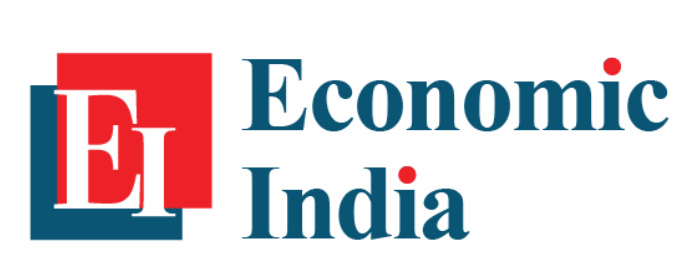Bangalore (Karnataka) August 22: In a world still reeling from the effects of the COVID-19 pandemic, the World Health Organization (WHO) ‘s declaration of monkeypox as an international health emergency has ignited fresh concerns. As a Consultant Pediatrician and Medical Director at Ovum Hospital, Bangalore, it is imperative to educate and inform the public about the seriousness of this viral outbreak, its implications for global health, and the steps necessary to mitigate its spread.
What is Monkeypox?
Monkeypox is a rare viral disease caused by the monkeypox virus, a member of the Orthopoxvirus genus, which also includes the variola virus (the cause of smallpox) and vaccinia virus (used in the smallpox vaccine). Although it was first identified in laboratory monkeys in 1958, the virus is believed to primarily infect rodents, with occasional spillover to humans. The first human case was recorded in 1970 in the Democratic Republic of Congo.
Historically, monkeypox has been confined to central and western African countries, where it is endemic. However, recent outbreaks in non-endemic countries have raised alarms, leading to WHO’s declaration of a Public Health Emergency of International Concern (PHEIC) in 2024.
Symptoms and Transmission
The symptoms of monkeypox resemble those of smallpox but are generally milder. The incubation period typically ranges from 5 to 21 days. Initial symptoms include fever, headache, muscle aches, backache, swollen lymph nodes, chills, and exhaustion. Within a few days of the onset of fever, a rash develops, often beginning on the face and spreading to other body parts, including the palms and soles. The rash progresses from macules to papules, vesicles, pustules, and finally, crusts that fall off.
Monkeypox can be transmitted from animals to humans through direct contact with blood, bodily fluids, or cutaneous or mucosal lesions of infected animals. Human-to-human transmission occurs primarily through respiratory droplets, direct contact with infected bodily fluids or lesion material, and indirect contact through contaminated materials like bedding or clothing.
Global Spread and WHO’s Declaration
The global spread of monkeypox in recent months, particularly in non-endemic regions like Europe, North America, and Asia, has been a significant cause for concern. Unlike previous outbreaks, this spread is not confined to specific populations or regions, making it a potential global threat.
WHO’s declaration of monkeypox as a global health emergency underscores the urgent need for a coordinated international response. This declaration, the highest alert level under international health regulations, is a call to action for governments, healthcare providers, and communities worldwide.
Implications for Public Health
The designation of monkeypox as a global health emergency highlights several critical public health challenges:
- Surveillance and Detection: There is an urgent need to enhance surveillance systems to detect cases early and accurately. Early detection is crucial for containing outbreaks and preventing further spread.
- Vaccination and Immunization: While smallpox vaccines are known to offer some protection against monkeypox, more research and development of specific vaccines for monkeypox are needed. Healthcare systems must prioritize the vaccination of high-risk groups, including healthcare workers and close contacts of infected individuals.
- Public Awareness and Education: Misinformation and panic can exacerbate the spread of the virus. Clear, accurate, and timely information must be disseminated to the public, emphasizing the importance of personal hygiene, safe practices, and early medical consultation in case of symptoms.
- Global Coordination: The global nature of the outbreak necessitates a coordinated international response. Governments and international health organisations must collaborate to effectively share data, resources, and strategies to combat the virus.
The Role of Healthcare Providers
Healthcare providers, particularly those in paediatrics and community health, are vital in managing the outbreak. Vigilance in recognising symptoms, prompt isolation of suspected cases, and adherence to infection control protocols are essential to curbing the spread of the virus.
Moreover, paediatricians must be particularly attentive to the potential impact of monkeypox on children. Although the disease is generally milder in children than in adults, the risk of severe complications exists, especially in those with underlying health conditions. Ensuring that parents and caregivers are well-informed about the symptoms and preventive measures is critical.
Conclusion
The declaration of monkeypox as an international health emergency serves as a stark reminder that infectious diseases remain a constant threat to global health. As the world continues to navigate this new challenge, staying vigilant, informed, and proactive is essential.
At Ovum Hospital, Bangalore, we are committed to protecting our patients and the community from this emerging threat. Healthcare providers, governments, and the public must work together to contain the spread of monkeypox and minimize its impact on communities worldwide. By staying informed and prepared, we can protect our most vulnerable populations, especially children, from the potentially devastating effects of this emerging health threat.
In these uncertain times, knowledge and preparedness are our best defences against the evolving landscape of infectious diseases. Let us heed the warnings and take the necessary steps to safeguard global health, ensuring a safer and healthier future for all.

